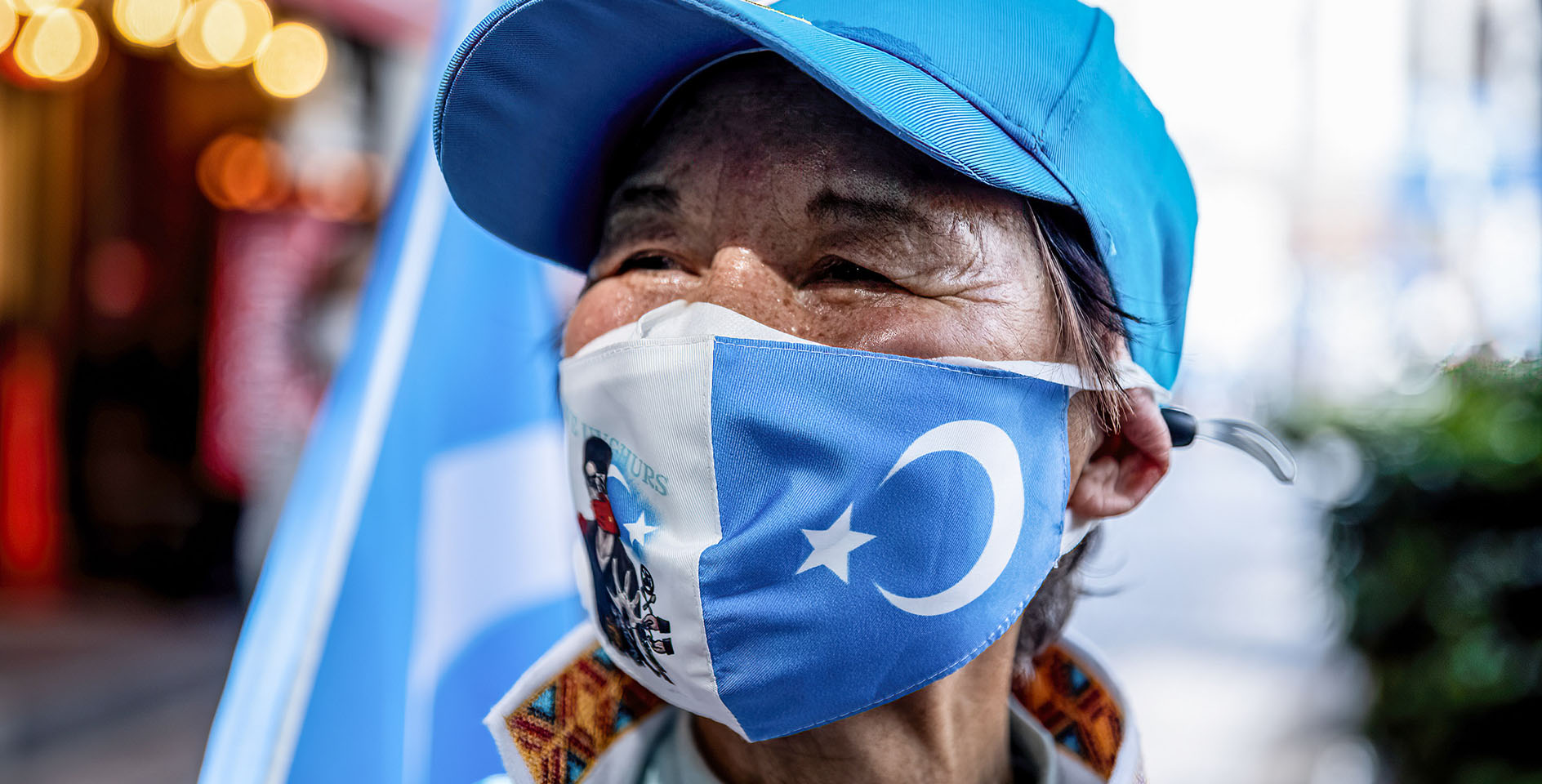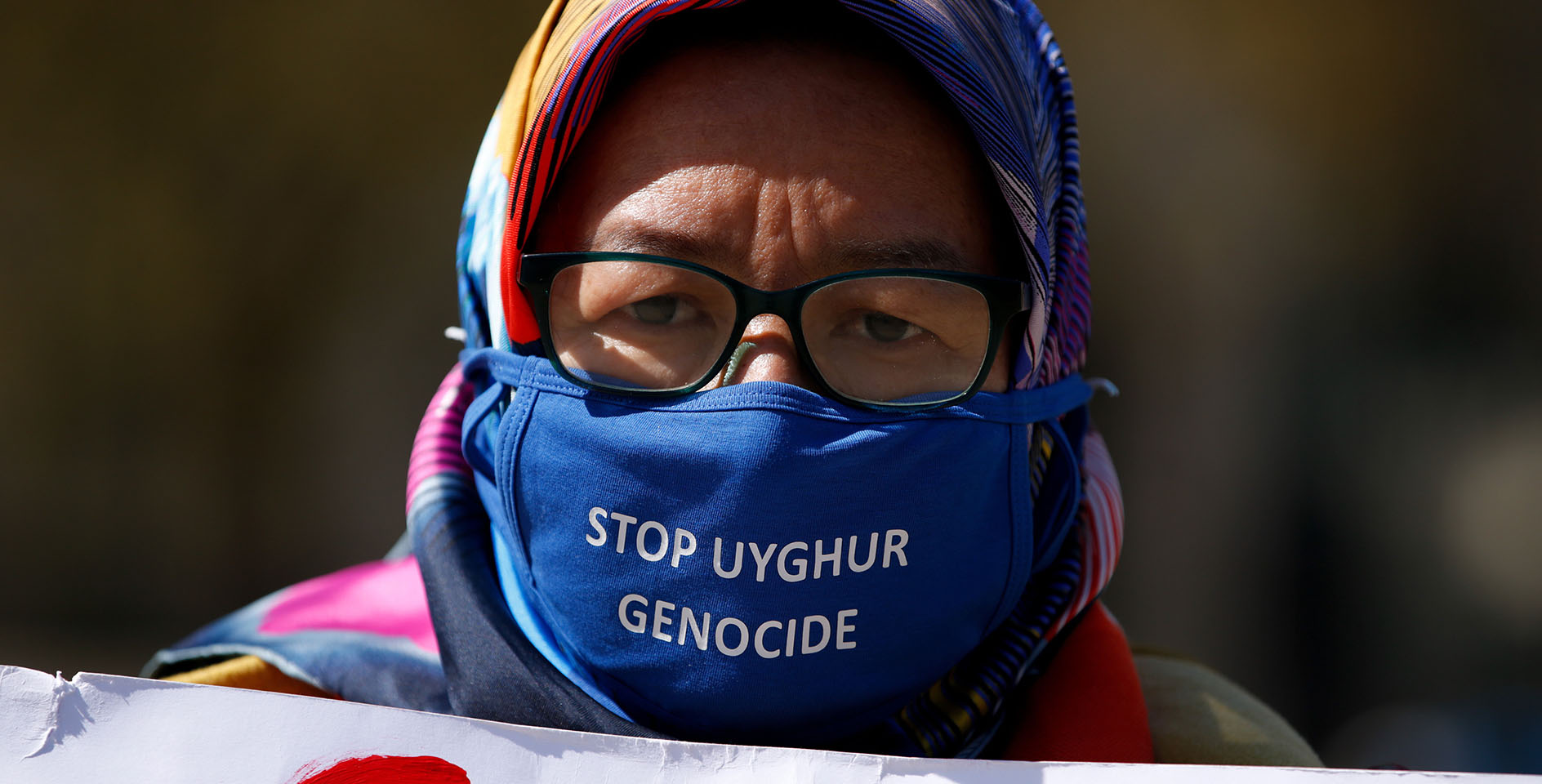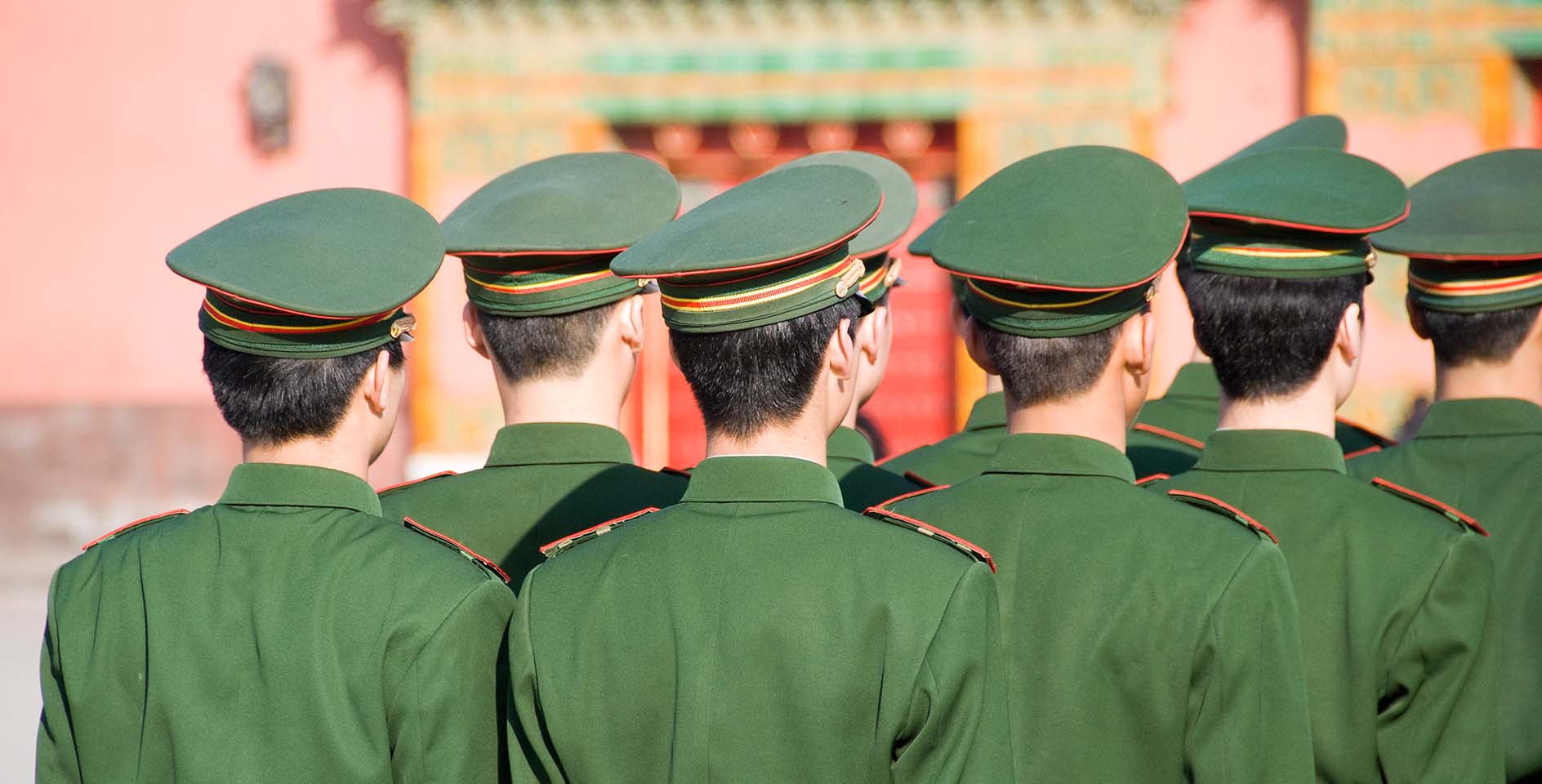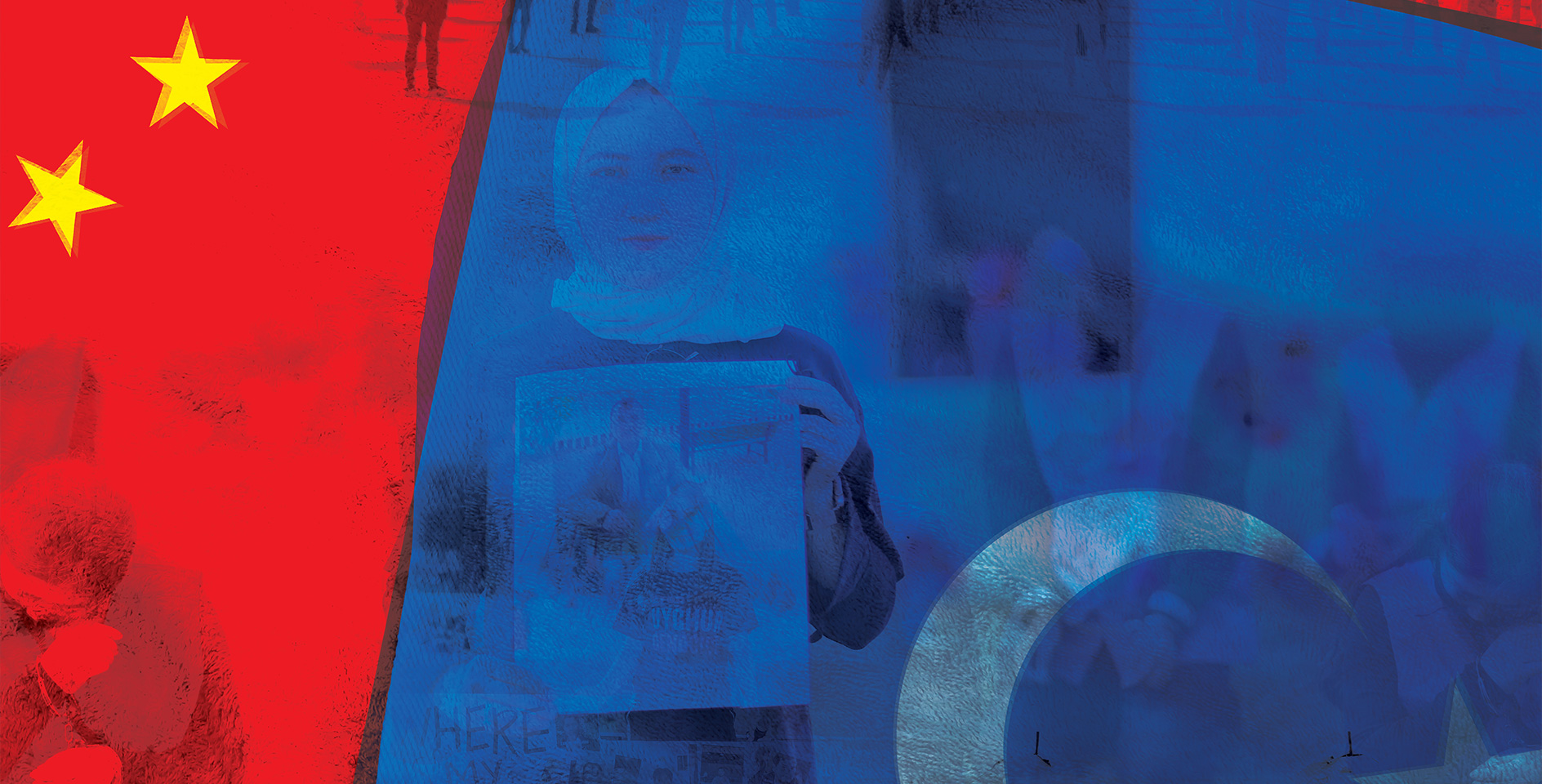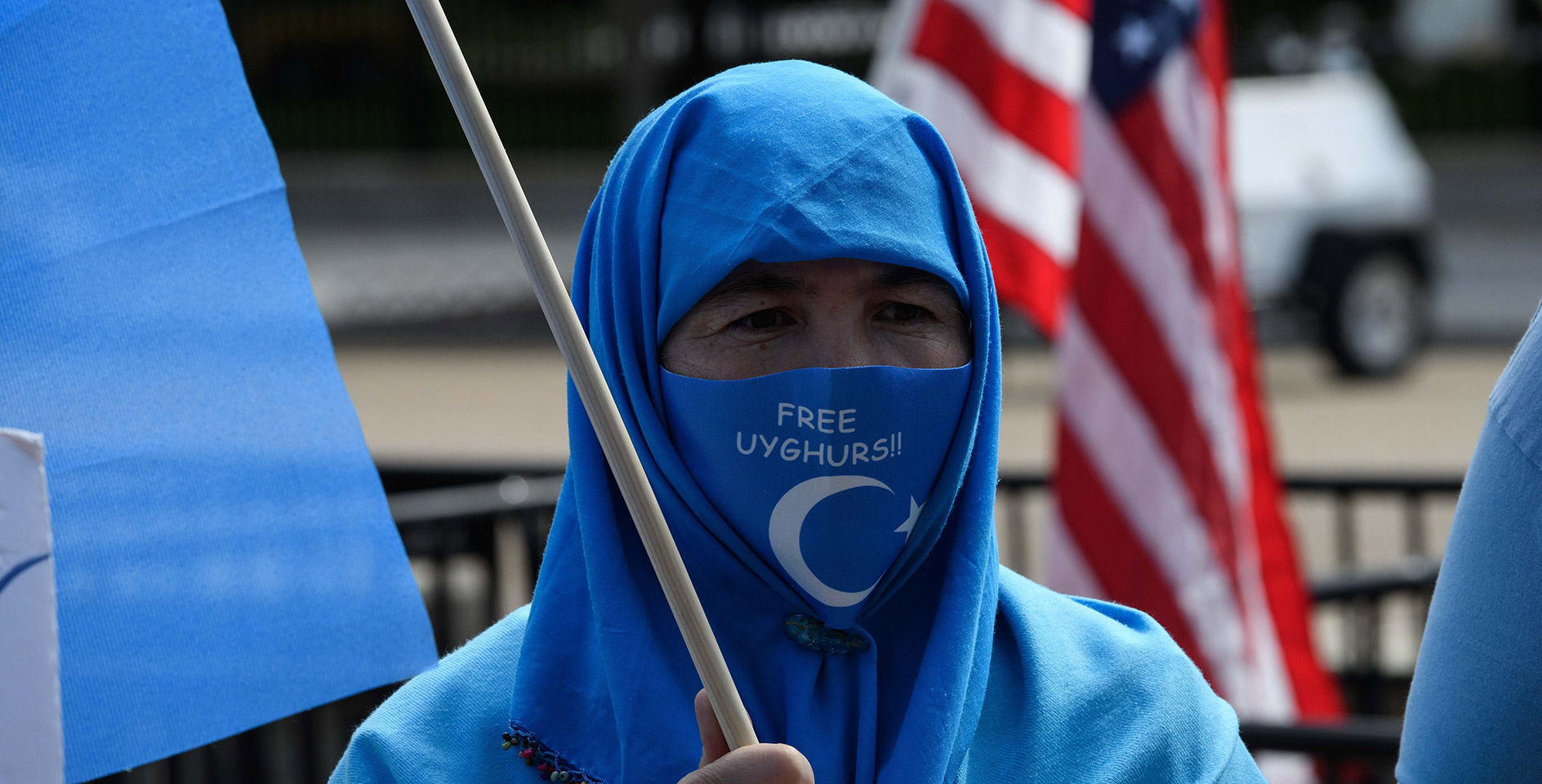When most of us in the West think about technology, our minds often revert to our smartphones, social media, and computer technology. Many of the debates surrounding these technologies tend to focus on how these tools are altering our behaviors, reformulating how we think about the very nature of truth, or even how they are aiding a deep polarization in the throes of secularization. While there is growing consensus across partisan lines about the dangers of Big Tech, there is little agreement on the nature of the problem or what to do about it. But for all of the partisan rancor and tribalization we see today, there is thankfully one issue that is uniting various political factions today — the widespread abuse of these tools by the Chinese Communist Party (CCP), specifically in their relentless pursuit of suppressing the basic human rights of millions Uyghur Muslims in the Xinjiang region of China.
For many, these atrocities are just becoming more well known and mainstream news — especially with the recent passage of the Uyghur Forced Labor Act by the United States Congress, as well as the adoption of the unanimously passed resolution decrying these abuses as genocide by the Southern Baptist Convention this past June. While it may seem new, these abuses have been going on for years — often off the world’s radar — and have been fueled by a sophisticated network of surveillance and repressive technological controls designed to facilitate this ongoing genocide against the Uyghur population.
As Christians we stand up against the abuses of power based on our foundational understanding of human dignity rooted in the imago Dei (Gen. 1:26-28) and the Christian ethic of neighbor love (Matt. 22:37-39). Right now, the church has the opportunity to speak up and advocate for the vulnerable and abused among us even if they live across the world under the heavy hand of a repressive regime like the CCP.
Tools of oppression against Uyghur Muslims
The reality of what is taking place among Uyghur Muslims in China is more gruesome and egregious than most have realized. This was made clear from video footage of Uyghur detainment that exposes rampant human rights violations of the worst kind. As my ERLC colleague Chelsea Patterson Sobolik has written:
Since 2017, the CCP has waged a systematic war of persecution against the Uyghur people, a predominantly Turkic-speaking ethnic group in Xinjiang, China’s westernmost territory. Uyghurs are subjected to totalitarian tactics that include pervasive surveillance, forced detainment and placement into internment camps for “political reeducation,” forced labor, forced birth control, sterilization or abortion, rape, physical and psychological torture and forced organ harvesting.
These totalitarian tactics are waged against this people group based on their religious beliefs.They are subjected to propaganda-style reeducation that often includes renouncing deeply held beliefs and swearing ultimate allegiance to the Chinese state. But how exactly has the CCP been able to amass such power and control over these people without widespread knowledge and countermeasures?
The ability of this regime to mobilize its efforts to surveil and oppress Uyghurs has grown in large part due the massive advances of technology, namely widespread use of facial recognition technology, data surveillance, and the centralization of all communication technologies including the internet and social media. As I have previously written on the rise of digital authoritarianism, the CCP maintains almost complete access to personal and institutional data collected by Chinese technology companies or those who seek to access China’s lucrative markets. The Chinese government has also proudly and publicly promoted its use of facial recognition tools and social controls for the watching world. And these same tools are being marketed and used to profile, surveil, and round up Uyghurs all across the nation.
As Elizabeth C. Economy writes, the CCP has also built a robust and nearly impenetrable hold over public access to information. With “Chinanet,” the CCP has essentially created a walled garden, where any information that could challenge the heavy hand of the regime’s control is filtered out completely and inaccessible by Chinese citizens. For example, the ability to search for any type of pro-democracy media, or even information about the infamous Tiananmen Square massacre, has been stripped from the internet in China. The goal is to control the information flow and only expose citizens to highly-scripted propaganda that strengthens the CCP’s power and influence over its citizenry.
Economy further describes in her book, The Third Revolution: Xi Jinping and the New Chinese State, how the Chinese leadership has “directed significant time and energy in investing in technological upgrades to increase the state’s already potent capacity to monitor and prevent undesirable content from entering and circulating through the country.” They are effectively prevented from shifting the power imbalance or seeking to hold their leaders accountable for their denial of basic human rights, such as religious freedom.1A version of this section was previously published as Wired for Tyranny? in the September/October 2021 of Liberty Magazine. Used with permission. https://www.libertymagazine.org/article/wired-for-tyranny.
A Christian response to the CCP’s genocide against Uyghur Muslims
In light of these atrocities and blatant violations of basic human rights, what is the church to do? One of the main ways the church can engage on these important issues is by refusing to be silent and letting our elected officials know that the United States and other countries must not allow these violations of dignity and basic human rights to go unchallenged. From the outset of these events, the ERLC has been raising awareness and advocating against these egregious human rights violations and blatant religious freedom abuses. As early as 2019 when reports began to highlight the inhumane treatment of Uyghur Muslims, our team has relentlessly pushed for the United States and other nations around the world to counter China morally alongside efforts to counter them economically.
As mentioned above, the U.S. Senate and House of Representatives passed the Uyghur Forced Labor Prevention Act last week, which now is due for President Biden to sign into law. This law will prevent goods being produced by forced labor from reaching our shores and highlight these human rights violations. This not only publicly signals our commitment to ending the atrocities, but also will put real economic pressure on China to change its practices. This is the first among many needed steps to condemn the CCP’s tyrannical grip over this people group. The CCP must not profit off the surveillance, detainment, and exploitation of the Uyghurs.
Another aspect of advocacy is understanding the ways that technology has aided and facilitated much of this abuse. Without these powerful tools, the level of surveillance and control simply would not have been possible. This is another reason that the United States and other countries must not be complicit in aiding or supporting this regime through the devices we purchase, systems we employ, or even the messages that we send. While much of the work to be done to counter the CCP’s hold will be more expansive than simply speaking to the technologies at play, it must not be less than that. Technology is part of the social ecosystem that we all inhabit today and must not be seen as an ancillary issue but a core element of any effective foreign policy strategy. As Christians engage on these pressing issues in the public square, we must do so from a full-orbed vision of life in a digital society — committed to basic freedoms of expression, religious belief, and dignity for all.



